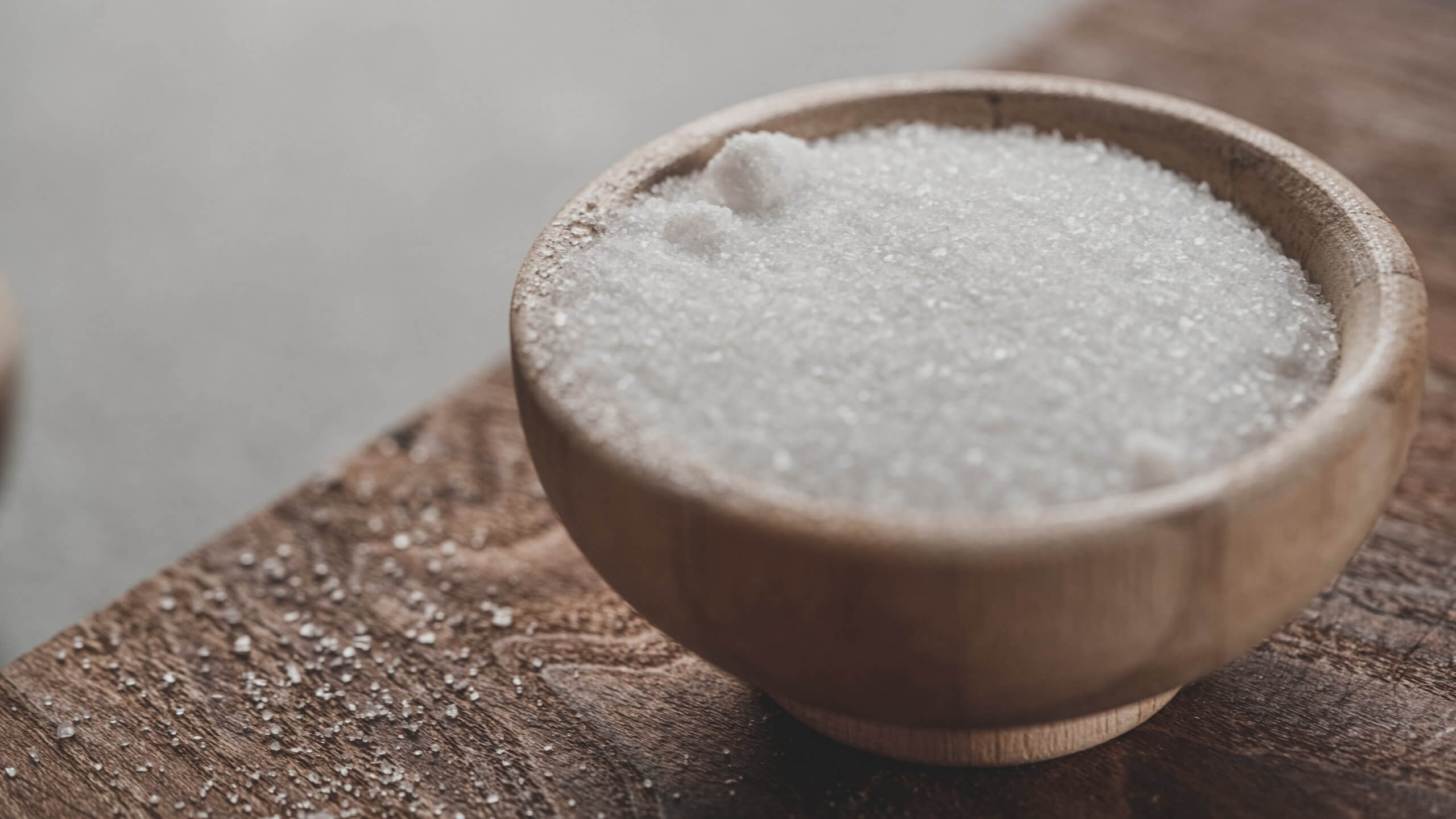Your gut microbiome does so much for your health: it maintains a healthy immune system, helps in digesting nutrients from food, and stops cancers from rearing its ugly head. All it asks for in return is for you to eat some of its favorite food. New research provides strong evidence on the relationship between diet and the gut microbiome. The food you eat can shape whether your gut bacteria will help or harm you.
Despite a trillion microorganisms making itself right at home, there is a delicate balance within the gut microbiome. The sugars in a diet can alter that balance and cause some microbes to thrive while others die off. Adding to this are the thousands of different metabolites produced from gut microbes that play their own role in a person’s health.
The study authors focused on Baceteroides because it is a common gram-negative bacteria found in the human intestine. This species is important in converting carbohydrates and polysaccharides from food into nutrients and simple sugars other bacteria can use to survive.
“We need to learn how each species and strain of the gut microbiome, in particular Bacteroides species, survive in our guts if we want to enhance them or diminish them,” says Seth Rakoff-Nahoum, MD, PhD, a study author from the Division of Infectious Diseases and Gastroenterology at Boston Children’s Hospital in a statement. “Gut bacteria compete to use the undigested sugars in our diets as their energy source. Some have half their genome dedicated to better using these sugars.”

The team tested how metabolites in the gut affected Bacteroides. Of all the tested metabolites, one called butyrate stunted the growth of Bacteroides. However, butyrate is not all bad. Its presence is needed to develop the immune system. When the researchers grew Bacteroides from foods with different amounts of sugar, butyrate’s antimicrobial effect depended on what sugar each strain was using.
“If you take any two strains and grow each in Sugar X, in the presence of butyrate, Strain A will be killed dead in its tracks while Strain B grows as if butyrate was not even there,” elaborates Rakoff-Nahoum. “With Sugar Y, we see the opposite: Strain B is now is killed by butyrate, while Strain A is unaffected.”
Researchers still don’t know why butyrate kills off Bacteroides but not other bacterial species. But they did find one clue in the genes.
“We initially thought these genes would be very similar among all bacteria, as they perform basic cellular functions,” says Rakoff-Nahoum. “But the Bacteroides change them, likely to help them deal with the special environment in our gut.”
The study finds that slight genetic variations involved in CoenzymeA metabolism causes different sensitivity to butyrate among Bacteroides strains.
The study is published in the journal Cell.
